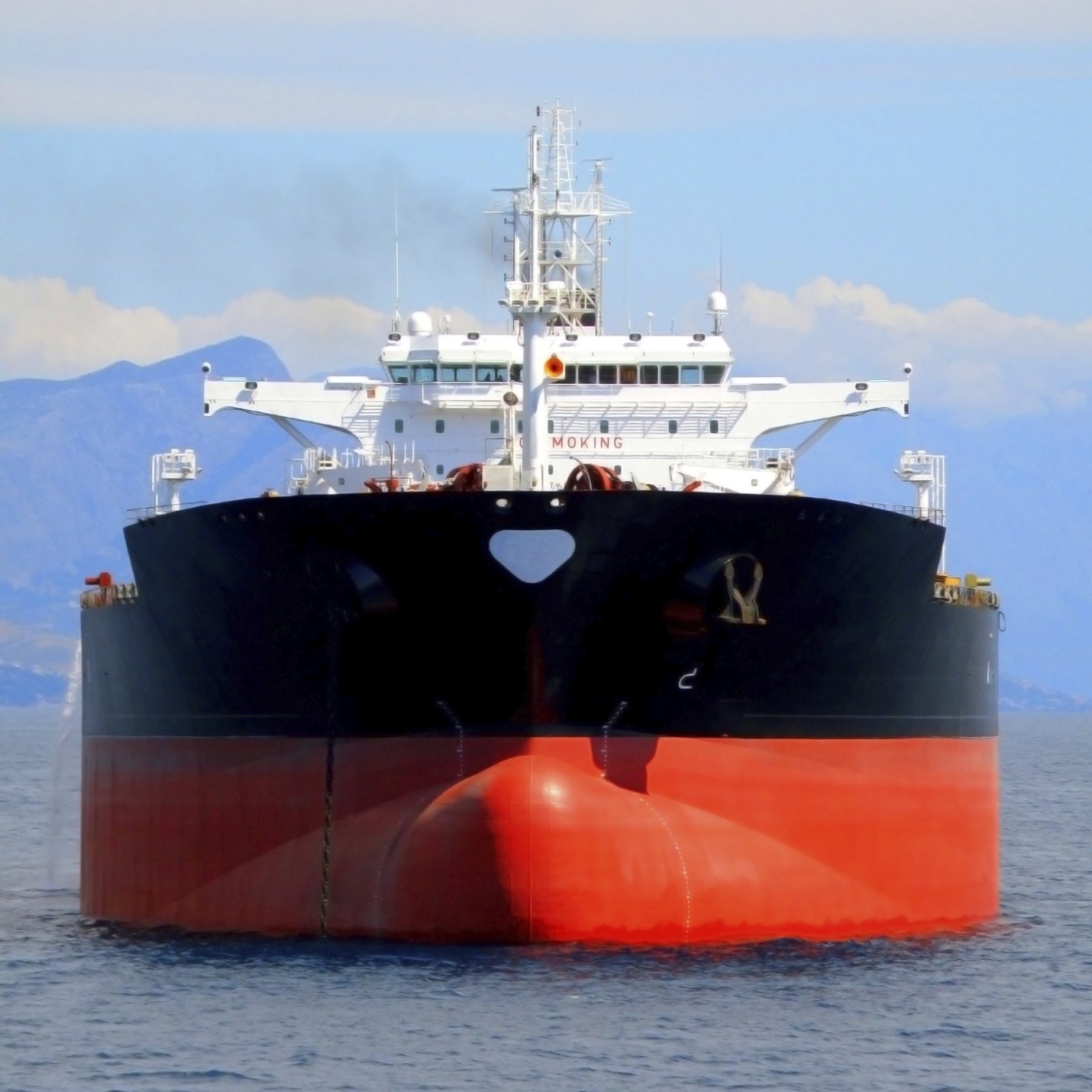Energy
Will Crude Oil Price Remain Above $50 a Barrel?

Published:
Last Updated:

For the first time in three months, the price of a barrel of West Texas Intermediate (WTI) crude oil appears set to close above $50. WTI for November delivery reached an intraday high of $50.51 and recently traded at around $50.32, up about 1% for the day. Brent crude for December delivery hit a Thursday high of $52.65 a barrel before retreating to around $52.50.
Is this time different? Since early last November, WTI has traded above $50 a barrel for less than 60 days, and during that time it traded as low as $26 a barrel. Brent has maintained a premium to the WTI price of around $1.50 to $2.50 a barrel.
Last week’s agreement among OPEC members to reduce production by 250,000 to 750,000 barrels a day is the main reason for the price increase. The Saudis apparently now believe that they can afford to cut back on production and still maintain their market share in the face of competition from Iran and Iraq. And the Saudis are the ones who will have to absorb whatever production cut is finally agreed upon because none of the cartel’s other members are willing to.
Russia, which produces more crude oil than any other nation, is expected to meet with the Saudis and other OPEC nations next week to discuss potential cuts to Russian production. A production agreement among OPEC members and Russia remains a long way off and is almost sure to be less specific and less likely to be enforced than many expect.
As for the rise in crude prices, we would be willing to wager (a small amount) that the rise in prices is partly due to producers locking in prices on the futures market. If U.S. producers can lock in prices at $50 or more for a significant portion of their future production, they are going to do it and they are going at least to begin planning to drill more wells.
There are two other items that may agitate against a higher crude price. First, China has apparently cut back on oil purchases for its strategic reserve. While details are scarce, Chinese officials said early this year that the country had nearly 235 million barrels in storage, an increase of nearly 50 million barrels since mid-2015. The country’s strategic storage capacity is estimated to be as high as 600 million barrels and satellite imaging firm Orbital Insights believes that China’s strategic reserves are close to the 600 million barrel maximum.
If that’s true, China could stop buying or, worse for producers, re-export some of the crude in its strategic reserve. Either would weigh on the price of oil.
Second, a Bloomberg report cited in International Shipping News claims that there are currently 10 tankers full of Brent sailing in circles in the North Sea waiting to transfer their cargoes to ships headed for buyers. Here’s more:
There are signs that oil futures respond to the day-to-day changes in the physical oil market. Brent contracts slumped more than 10 percent from mid-July to early August after it emerged that traders had amassed a fleet of tankers that were storing barrels in the North Sea. By mid August, many of those tankers had gone, and futures more than reversed their decline. Daily exports of the crude grades that comprise the Dated Brent benchmark are set to rise to a seven-month high in November … [T]he structure of contracts for difference — derivatives used in the North Sea for speculation and hedging — returned to contango, where prices in the future are higher than those at present. A forward curve in contango is an indication of an oversupplied market where prompt cargoes sell at lower prices than those for later delivery.
In an appearance on Bloomberg TV Wednesday, Goldman Sachs analyst Jeff Curie said he continues to see the crude market “very oversupplied” in 2017 and that new supplies coming online from newly completed projects plus more production from Libya and Nigeria make it difficult for crude prices to rise above $55 a barrel in the near term. He could also have added that just hitting that price is not enough — the price has to stay above that mark for several months before it’s safe for producers to declare victory over low crude prices.
Want retirement to come a few years earlier than you’d planned? Or are you ready to retire now, but want an extra set of eyes on your finances?
Now you can speak with up to 3 financial experts in your area for FREE. By simply clicking here you can begin to match with financial professionals who can help you build your plan to retire early. And the best part? The first conversation with them is free.
Click here to match with up to 3 financial pros who would be excited to help you make financial decisions.
Thank you for reading! Have some feedback for us?
Contact the 24/7 Wall St. editorial team.